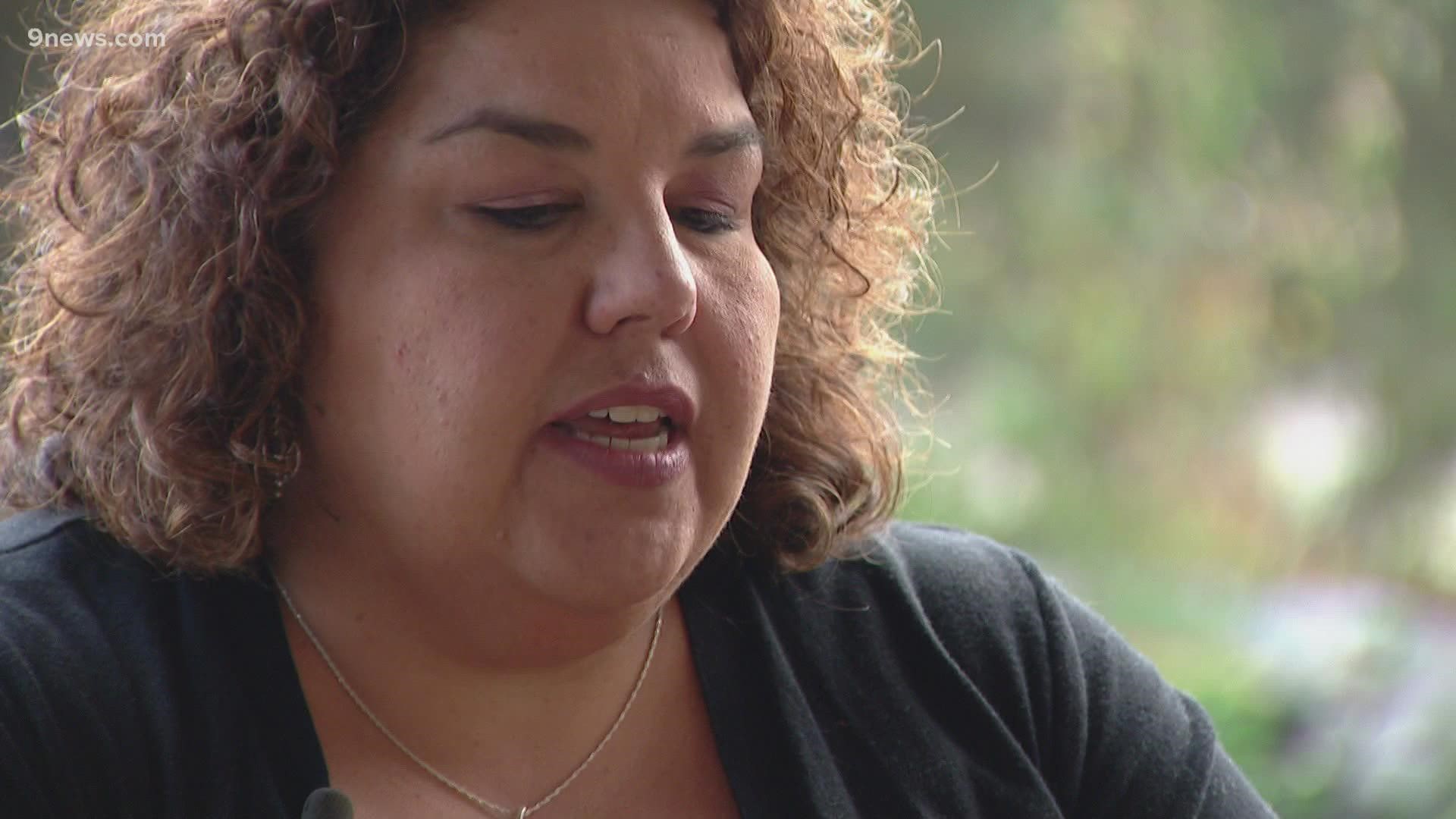COLORADO, USA — A state commission was recently selected to help improve training for police officers and deputies on how to properly interact with people with disabilities.
HB21-1122 created a 12-member group made up of parents, people with disabilities, advocates, and law enforcement. The group will recommend a curriculum to POST, the state agency that manages training for all peace officers in Colorado.
"Better information will lead to better outcomes," Colorado Rep. Meg Froelich, who sponsored the bill, said. "When we approach someone and they are non-compliant, let's not just assume they are thumbing their nose at the request."
Froelich said she was inspired to write this bill after a conversation with the Autism Society of Colorado. She said there were a lot of concerns from parents that their child may not act in a way that law enforcement might anticipate or find acceptable.
After body camera footage from the arrest of Karen Garner, a 73-year-old woman with dementia, was released, HB21-1122 was expanded to give law enforcement more tools to identify Alzheimer's and dementia.
"My father suffered from dementia and I can only imagine an interaction with police in which he was not able to cognitively understand what was going on," Froelich said.
Ali Thompson helped write the bill as a current criminal investigator and a mom of two teens with disabilities. Her son has autism and her daughter is non-verbal.
"Every law enforcement officer I know got in this business to help people, and if they don’t have the tools to help or recognize what needs to be done to help, then they are making poor decisions," Thompson said.
Thompson also leads Pulse Line Collaborative Training LLC, a consulting group that creates curricula based on real-world scenarios. Her goal is to give law enforcement officers the tools they need to improve communication during these types of calls. She hopes to put her curriculum up for the commission's consideration.
With a wide variety of representation, Thompson believes this 12-member group will be able to recognize what needs to be taught to law enforcement officers to help avoid unwarranted use of force.
"I don’t want them to sacrifice officer safety, but at the same time, you can’t just go hands on," she said. "Unless there is an imminent threat of safety to yourself or someone else or if there is a weapon involved, you have to slow it down and try to figure out what is going on."
Alzheimer's Association of Colorado said it was chosen as a member of the commission. The organization has offered its video training program to numerous law enforcement agencies who have requested it. They now hope to make it a regular part of training for all officers.
"You can't train a police department once, because there is turnover," Alzheimer's Association of Colorado Senior Director of Communications Jim Herlihy said. "This would be beneficial for them to get a refresher on it. We are hoping this would be an annual review."
According to the new state law, the POST board must recommend a curriculum by July 1.
SUGGESTED VIDEOS: Latest from 9NEWS

